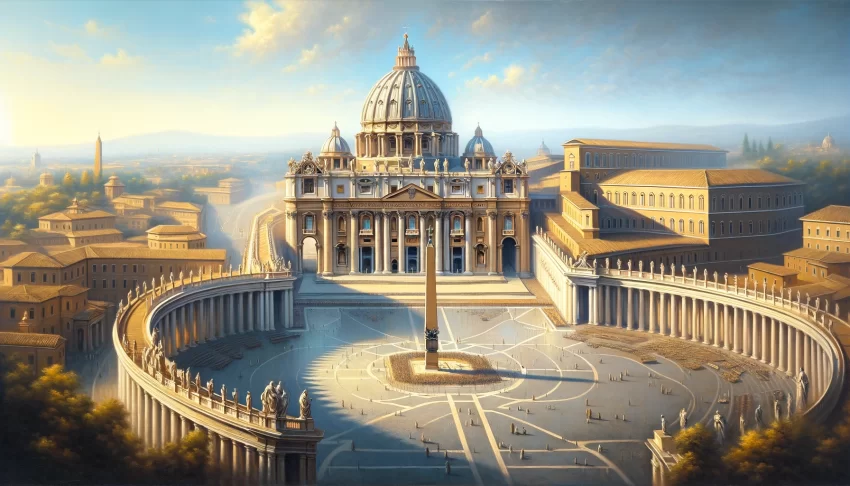| Listen to our audio presentation: History of the United States Constitution |
Ukraine has strongly dismissed Pope Francis’s suggestion to negotiate an end to the ongoing war with Russia. In a recent interview, Pope Francis advocated for the “courage of the white flag” when a conflict party is facing adversity. This marks the first time the pontiff has used such terminology in the context of the Ukraine conflict.
President Volodymyr Zelenskiy responded indirectly to the Pope’s comments, highlighting the support Ukraine receives from religious figures within the country. Zelenskiy emphasized the importance of tangible support, as opposed to what he termed “virtual mediation” from a distance.
Foreign Minister Dmytro Kuleba took a firmer stance, asserting on social media that Ukraine will never capitulate. Kuleba stressed the significance of the Ukrainian flag, symbolizing the nation’s resilience and determination to prevail. He also urged the Vatican to learn from historical mistakes, referencing Pope Pius XII’s alleged inaction during World War II.
Archbishop Sviatoslav Shevchuk, head of Ukraine’s Eastern Rite Catholic Church, echoed the sentiment of defiance, proclaiming that Ukraine remains steadfast despite its wounds and exhaustion.
The Pope’s comments have also drawn criticism from European officials. Polish Foreign Minister Radoslaw Sikorski and Latvian President Edgars Rinkevics both emphasized the importance of not capitulating to evil and the necessity for Russia to withdraw its forces from Ukraine.
In response to the backlash, Vatican spokesman Matteo Bruni clarified that Pope Francis was advocating for a truce through negotiation, not surrender. The Pope’s interview, recorded in February, is scheduled to air on March 20 as part of a cultural program.
The controversy comes at a time when Ukraine continues to defend against Russian advances, with recent Russian victories in the strategic town of Avdiivka and further westward progress. Amidst these challenges, Ukraine remains committed to its sovereignty, as reflected in the firm stances of its leaders and the support of its allies.
Resources: BBC and Reuters

